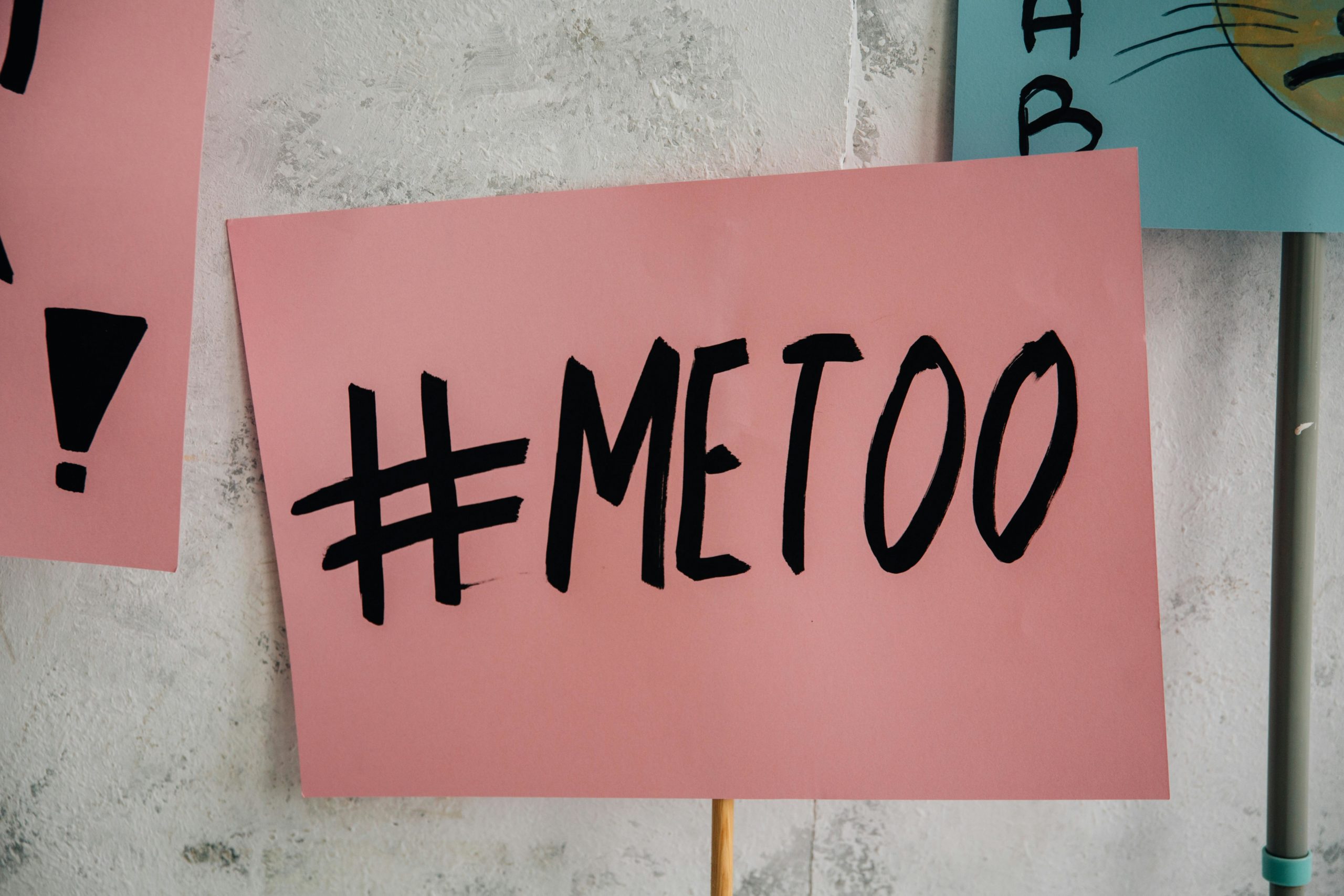The #MeToo movement went global in October 2017 when survivors of sexual assault from all around the world came forward about their experiences. It reminded us that sexual assault and harassment is a universal experience that pervades every aspect of our lives. Unfortunately, the workplace is no exception.
The Worker Protection (Amendment of Equality Act 2010) Act 2023 came into force in the UK on 26 October 2024. This means there is now an enhanced duty of employers to take reasonable steps to prevent sexual harassment in the workplace and could see employers who fail to do so subject to a compensatory uplift of up to 25%.
Whilst employers in the UK grapple with the legislative changes that have come into force, this article considers lessons to be learnt by employers here on the Isle of Man regarding the prevention of sexual harassment in the workplace. After all, employers should not require a legal duty in order to take preventing and addressing sexual harassment in the workplace seriously. It must also be borne in mind that Manx legislation often follows the UK, therefore the same duty may not be far away for Island employers.
What is sexual harassment?
Section 27 of the Equality Act 2017 (the Act) defines sexual harassment as unwanted conduct of a sexual nature which has the purpose or effect of violating an individual’s dignity or creating an intimidating, hostile, degrading, humiliating or offensive environment for that individual.
Sexual harassment can also occur where an individual is treated less favourably because they rejected or submitted to the unwanted conduct described above. This might include being overlooked for a promotion, being isolated from colleagues or clients, or an unwelcome/unexplained change to their role.
Sexual harassment is distinct from harassment related to the protected characteristic of sex. The unwanted conduct must be of a sexual nature in order to be considered sexual harassment.
What are “reasonable steps” for an employer to take to prevent sexual harassment?
What is considered reasonable in the circumstances will be at the discretion of the Tribunal, and will be determined on a case-by-case basis. If faced with an allegation of sexual harassment in the workplace, an employer will be stood in good stead if they can demonstrate that reasonable steps were taken to prevent sexual harassment. This may look like:
- Equality training provided and refreshed on a regular basis;
- Training that is tailored to seniority;
- The impact of said training being monitored and reviewed;
- Policy documents (particularly Diversity, Equality and Inclusion policies) which are implemented and monitored;
- Risk assessments;
- Ensuring there is a clear complaint procedure which employees feel comfortable utilising;
- Visible support from senior leadership.
The prevention of sexual harassment in the workplace is not simply a box to be ticked and may ultimately become a legal duty of employers here on the Isle of Man. Until such time, employers should consider whether they are adequately addressing sexual harassment allegations and whether they are going far enough to prevent sexual harassment in the workplace.
The DQ Employment Team provides training in all aspects of employment and HR. If your organisation would benefit from Equality Training, please feel free to contact Lizzie Beard or email mail@dq.im.
Download a PDF version of this article
Disclaimer
The information and/or opinions contained in this article is necessarily brief and general in nature and does not constitute legal or taxation advice. Appropriate legal or other professional advice should be sought for any specific matter. Any reliance on such information and/or opinions is therefore solely at the user’s own risk and DQ Advocates Limited (and its associates and subsidiaries) is not responsible for, and does not accept any responsibility or liability in connection with any action taken or reliance placed upon such content.





